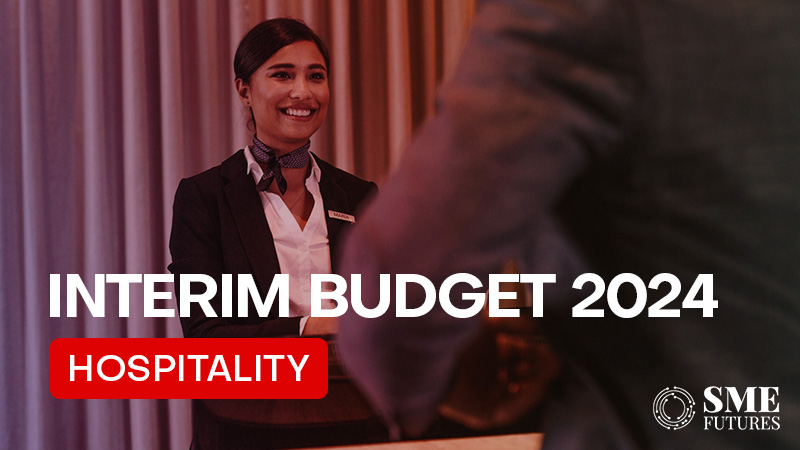Last year, union budget 2023 bode well for the hospitality sector with the announcements of the development of 50 new destinations will make India more attractive to international tourists. Additionally, focus on initiatives such as ‘Dekho Apna Desh’ and the development in the North-East states were welcomed by the players. However, a few of the long pending demands are still to be met which includes, industry’s requests for infrastructure status, uniform GST, and placing tourism on the concurrent list of the constitution.
This year as Finance minister Nirmala Sitharaman is all set to reveal the interim budget players in the hospitality industry have voiced their expectations, outlining crucial areas for consideration and reform.
Simranjeet Singh, Director, CYK Hospitalities, stressed the need for a pre-budget focus on vital aspects affecting the restaurant industry.
Singh emphasised the challenges posed by the sector players, “The current high GST on raw materials poses challenges, limiting the benefits derived. We hope for a revision to make it more conducive for growth. The cumbersome process of obtaining licenses for bars and restaurants requires streamlining, fostering a business-friendly environment,”
Additionally, the restoration of the Input Tax Credit (ITC) system, according to Singh would be a significant step in supporting the sustainability and prosperity of the restaurant sector.
Dawn Thomas, Co-founder, VRO Hospitality, expressed optimism for the transformative year ahead in the hospitality sector.
He anticipates policies encouraging investment in cutting-edge technologies to enhance guest experiences and elevate healthcare services. “We seek a budget that fosters a collaborative ecosystem, providing support for startups to flourish and contribute meaningfully to the growth of this sectors. A forward-looking budget will not only fuel innovation but also create a resilient foundation for the future of hospitality in our nation.”
Tejus Jose, Director of Operations, ibis and ibis Styles India, underscored the importance of the hospitality sector in fortifying India’s global standing.
He emphasised the need for strategic alignment with government initiatives such as Swadesh Darshan and promotional campaigns like Dekho Apna Desh to amplify support for the domestic tourism sector.
“Addressing the GST incongruity is paramount for fostering equitable growth within the hospitality sector. We strongly urge for parity in GST rates between standalone restaurants (5 per cent) and hotel restaurants (18 per cent), recognising that this disparity adversely impacts our industry. A harmonised tax structure will undeniably contribute to a more resilient and competitive landscape within the hospitality and tourism sectors,” he said.











